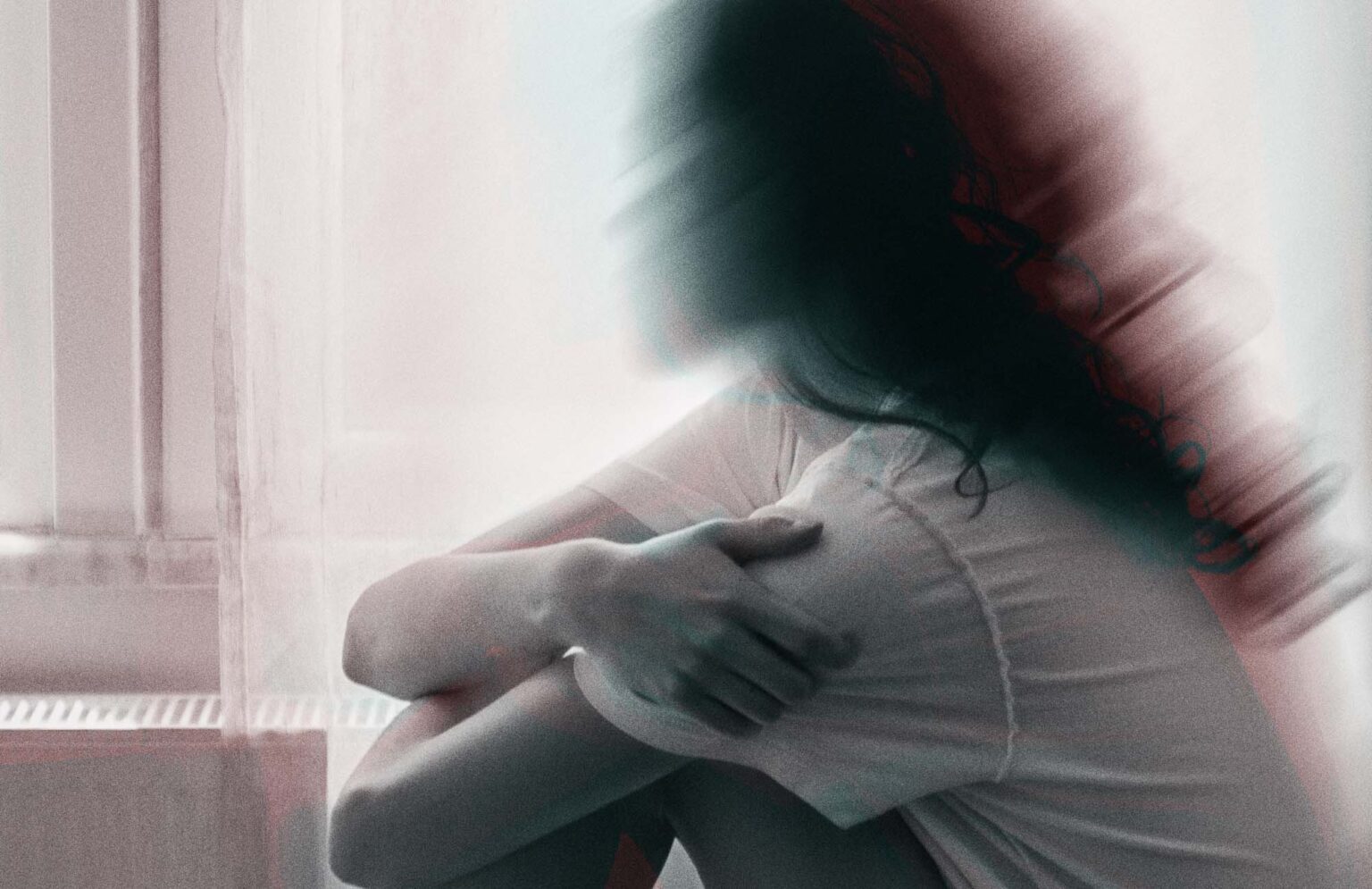What is depression?

Types of depression
Major depressive disorder / depressive episode which includes symptoms of depression most of the time for 2 or more weeks that typically interfere with one’s ability to work, sleep, study and eat.
Persistent depressive disorder (dysthymia) often includes less severe symptoms of depression that last much longer, typically for at least 2 years. Perinatal depression, which occurs when a woman experiences major depression during pregnancy or after delivery (postpartum depression). For more information, visit https://www.nimh.nih.gov/health/publications/perinatal-depression.
Seasonal affective disorder which comes and goes with the seasons, typically starting in late fall and early winter and going away during spring and summer. For more information, visit https://www.nimh.nih.gov/health/publications/seasonal-affective-disorder
Depression with symptoms of psychosis which is a severe form of depression where a person experiences psychosis symptoms, such as delusions (disturbing, false fixed beliefs) or hallucinations (hearing or seeing things that others do not see or hear). For more information about psychosis, visit https://www.nimh.nih.gov/health/publications/understanding-psychosis
Additional resources
Beyond Blue
Black Dog Institute – Treatments for Depression
Black Dog Institute – Depression in Adolescents
If symptoms of depression are severe, last for two weeks or more, and affect your functioning at home or at work, please book an appointment with Virtu.
What next?
Whenever you’re ready, here are 3 ways we can achieve your ultimate wellbeing goals:
- Book an appointment: Whether you're in a bustling city or a remote rural area, our services are just a click away.
- Explore our resources: Let us be your go-to for all things health & wellness. Take a look at our helpful blogs, guides and more.
- Share with a friend: If you know someone who’d benefit from reading this page, share it with them via email, Facebook, X (Twitter), or LinkedIn.



